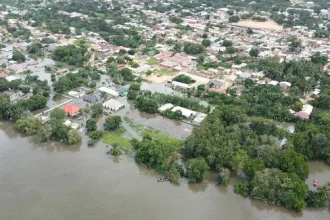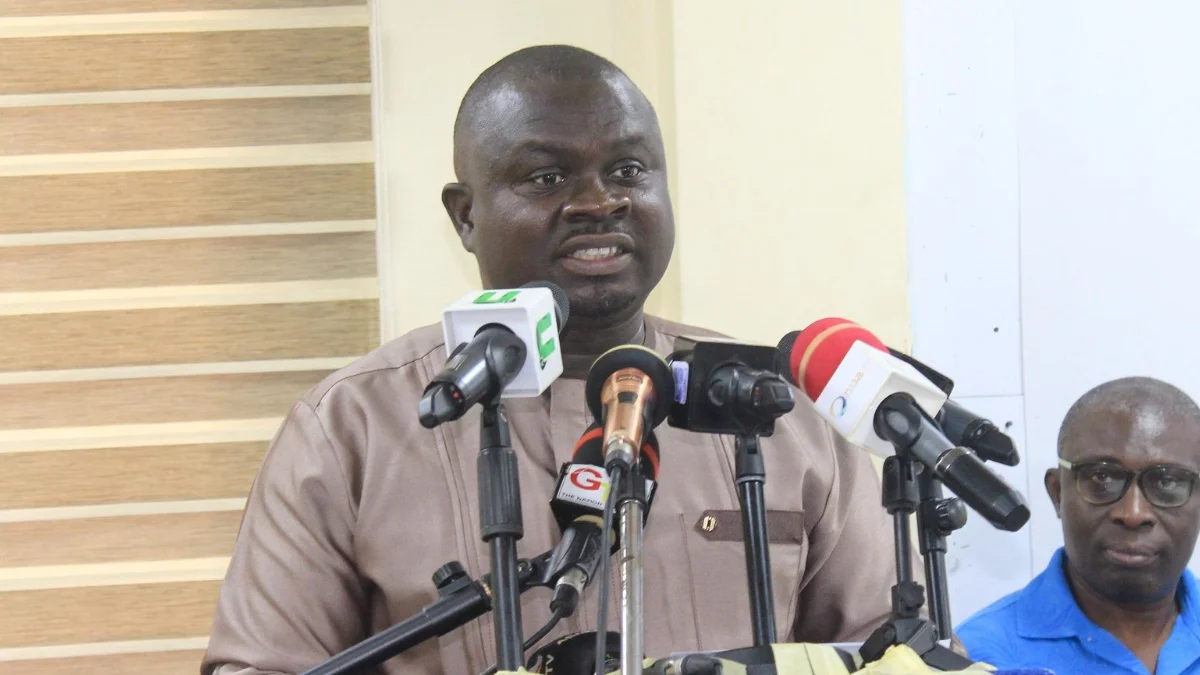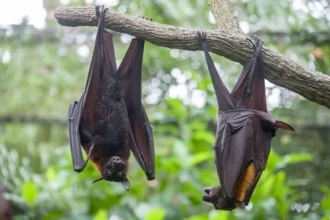The Deputy Minister of Trade and Industry, Nana Ama Dokua Asiamah-Adjei, has backed calls to extend the African Growth and Opportunity Act (AGOA) to enhance trade between Ghana and the US.
AGOA, a United States Trade Act enacted on 18 May 2000 as Public Law 106 of the 200th Congress, has been renewed on different occasions; most recently in 2015, when its validity period was extended to September 2025.
The legislation significantly enhances market access to the US for qualifying sub-Saharan African (SSA) countries. It does that by allocating a special programme indicator to approximately 6,800 tariff lines in the US tariff schedule, which allows US importers to clear such goods – sourced from eligible African countries – duty-free under AGOA.
During the 20th AGOA Forum in South Africa, Mrs. Asiamah-Adjei, highlighted the extension’s significance to Africa’s drive for industrialisation.
Recalling 23 years ago when Africa did not have a lot of industries, she said the coming in of AGOA has served as a catalyst for Africa to “start building our own local industries”.
“For us in Ghana, our initial focus under AGOA was on the low-hanging fruit – such as textiles, garments, horticultural products and artisanal items. As we speak, we have made significant progress in developing our industries and increasing our value addition processes, and I believe there is more we can achieve.
“And at this point, we firmly believe that the path for Africa to follow is industrialisation, creating jobs for our teeming youth and tapping into the vast human resources we have within our population. So, we believe that a sufficiently extended AGOA agreement will help us realise the dream we’ve always had for Africa,” Asiamah-Adjei – who doubles as MP for Akuapem North, said on the conference’s sidelines.
She said an extension will therefore be crucial to the country’s industrialisation drive. “It’s not just about extending the agreement for a longer duration; we also need to work on improving our utilisation; enhancing our digitalisation; and establishing a clear roadmap to track and evaluate the processes through which we can leverage the opportunities AGOA offers.”
Mrs. Asiamah-Adjei further called for enhanced partnerships with the USA to position Africa as an alternative industrial hub, supplying products “wherein we have a competitive advantage”.
In pursuing this goal, she urged leaders on the continent to create bespoke measures and strategies “to enhance our value addition processes, invest in training and workshops; and cultivate the necessary attitudinal change to understand that importing everything we need is not the way forward”.
Imports from Ghana to the US totalled US$2.8billion in 2022, up 61.0 percent (US$1billion) from 2021 and up 850 percent from 2012, largely due to AGOA. Meanwhile, U.S. goods exports to Ghana in 2022 were US$975million, up 1.9 percent (US$19million) from 2021 but down 26 percent from 2012.
The U.S. goods trade deficit with Ghana stood at US$1.8billion in 2022, a 135 percent increase (US$1billion) over 2021.
Asiamah-Adjei attended the trade forum with CEO-Ghana Export Promotion Authority (GEPA), Dr Afua Asabea Asare; Mickson Opoku, Head-Multilateral, Regional and Bilateral Trade, Ministry of Trade and Industry; and Cynthia Dzokoto, Ghana Trade attaché to Washington DC.
















